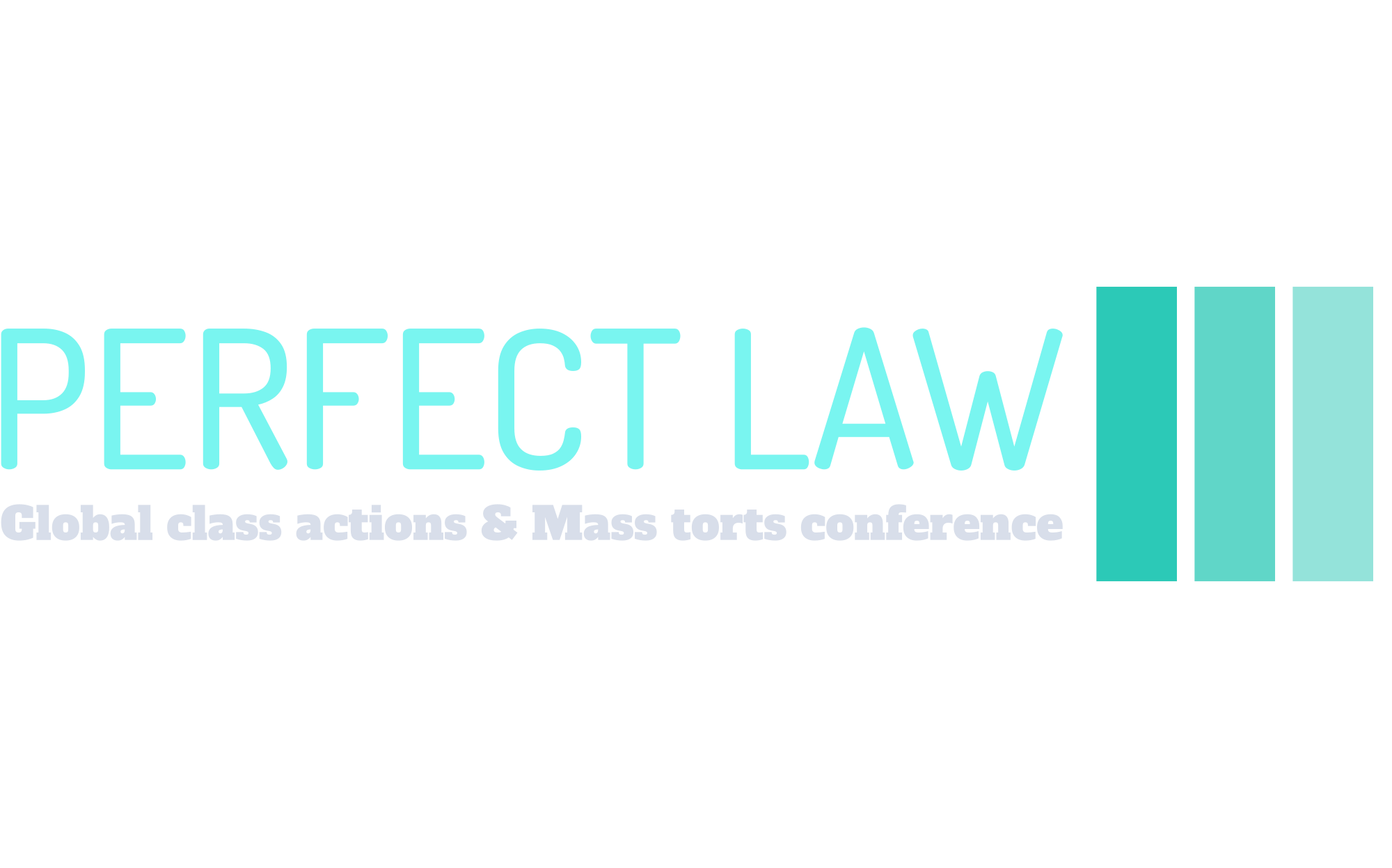Foto Credit: DMS WIKI
On October 9, 2023, the 34th Private Law Division of the State Court of Justice of São Paulo overturned a first instance ruling in a class action from October 2022. The initial ruling had required Apple to pay a R$100 million fine for selling iPhones in Brazil without chargers. Additionally, Apple was ordered to provide USB-C power adapters to customers who bought the phone without a charger and to only sell phones with the accessory nationwide. Associação Brasileira dos Mutuários, Consumidores e Contribuintes filed the class action. The first-instance judge ruled this practice as tied selling, which obligates customers to purchase one product to enable the functionality of another, deemed abusive under Art. 39, I, Consumer Protection Code.[i] Moreover, the judge considered Apple’s invoking environmental concerns for this decision as an act of bad faith and potentially misleading advertising.
Earlier in October 2022, the National Consumer Secretariat (SENACON), Brazil’s consumer protection enforcement agency, had issued a nationwide ban on selling iPhones without chargers and slapped a R$12 million fine on Apple. Apple attempted to reverse the ban in federal court but was unsuccessful. The Federal Appellate Court of the 1st Circuit in Brasília, in mid-last year, recognized the validity of the measures taken by SENACON.
The State Court of Justice of São Paulo overturned the first-instance ruling based on two procedural grounds: lis pendens and lack of standing. The court gave special attention to a binding precedent from the Supreme Federal Court, which extended nationwide res judicata effect to judgments rendered in class actions.[ii] In addition, the court took into account a standard-setting ruling from the Superior Court of Justice, which stipulates that affiliation to the claimant association is not required for consumers who benefited from a class action to enforce the respective judgment.[iii] These rulings indicate that previous class actions against Apple, such as the one filed by the Comissão de Defesa do Consumidor da Assembleia Legislativa do Rio de Janeiro (CODECON) – the State of Rio’s consumer protection legislative committee, and another by the Santa Catarina State Public Prosecutor’s Office, carried significant weight. CODECON’s class action, filed before the 2nd Business Chamber of the District State Court of Rio de Janeiro, was especially pertinent as it addressed Apple’s commercial practices regarding iPhone chargers, mirroring the current case’s concerns. The court found that CODECON’s class action, covering the same subject matter and filed earlier, established a clear case of lis pendens, justifying the dismissal of the case.
When assessing standing, the court rigorously examined the claimant association’s bylaws in relation to the class action’s purpose. The ruling states that the claimant association, as per its bylaws, was established to represent property owners financed by the federal government or those with financing for vehicles, real estate, or bank loans. Its purpose is to defend construction quality and other rights of property owners in relation to public and private entities. Accordingly, the court found that the claimant association’s litigation activity is limited to financing contracts, and disputes unrelated to these contracts, such as consumer protection issues, are not within its scope.
The ruling refers to a precedent from the Superior Court of Justice, which states that when a claimant association’s purposes are excessively broad, it does not meet the requirement of thematic relevance[iv]. In this case, the court found that part of the claimant association’s objectives was indeed excessively broad and not thematically relevant. Combined with the fact that its primary objectives were different, this led to the conclusion that the claimant association lacked thematic relevance and, consequently, standing to bring the class action.
In conclusion, the recent high-profile ruling by the 34th Private Law Division of the State Court of Justice of São Paulo has underscored the practical implications of the 2021 binding precedent set by the Supreme Federal Court. This precedent, which confers nationwide res judicata effect to judgments in class actions, has effectively prevented parallel proceedings across Brazil. This is a logical extension, implying the addition of territorial correspondence to any class action filed within the country, complementing the already established concept of lis pendens that requires identical purposes for concurrent actions. The ruling is a clear signal to class action practitioners about the importance of due diligence in assessing the standing of claimant associations and the potential for lis pendens. It is crucial to ensure that the claimant association’s objectives align with the purpose of the class action and that no other similar
[i] Law n. 8.078/1990.
[ii] STF, RE n. 1.101.937, 14/6/2021.
[iii] STJ, REsp n. 1.438.263/SP, 24/5/2021.
[iv] STJ, AgInt in EDcl in AREsp n. 1.264.317/DF, 29/3/2023.






